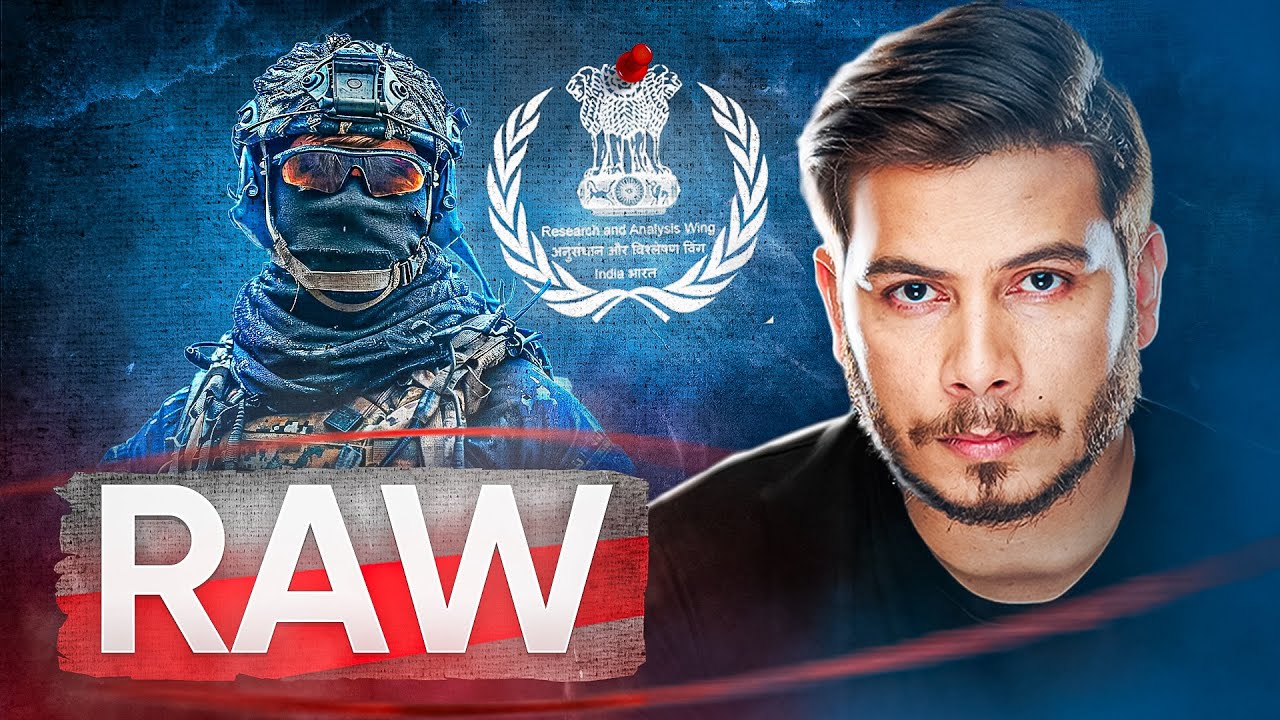The Biggest Problem with IAS Babus
Summary
TLDRThis video script critically examines the challenges facing India's bureaucracy, highlighting widespread corruption, inefficiency, and the impact of political interference. Through the case of IAS officer Pooja Singhal and examples like Ashok Khemka, the script reveals how systemic issues such as frequent officer transfers, underfunding, and paperwork hinder effective governance. It also discusses the political motivations that prevent necessary reforms, such as fixed tenures and performance-based incentives. The video calls for urgent reform to create a more accountable, efficient system to better serve India's citizens.
Takeaways
- 😀 Pooja Singhal, once India's youngest IAS officer, became embroiled in a major corruption scandal, illustrating the darker side of India's bureaucracy.
- 😀 Singhal was accused of embezzling nearly Rs. 19 crores, highlighting the pervasive corruption within the bureaucracy.
- 😀 The case reveals how corrupt practices in the bureaucracy often remain protected by political connections, undermining accountability.
- 😀 The transfer system, originally designed by the British, has become a tool for political leaders to control officers and prevent them from making meaningful changes.
- 😀 Officers like Ashok Khemka, who expose corruption, often face repeated transfers, preventing them from effectively tackling systemic issues.
- 😀 Political leaders often prioritize short-term solutions, such as subsidies and handouts, to secure votes, rather than pursuing long-term reforms that could benefit the country.
- 😀 Politicians in India invest heavily in elections, making them risk-averse and focused on immediate voter concerns, rather than structural reforms that may take years to yield results.
- 😀 Indian politicians, despite criticisms, are seen as highly strategic, focusing on issues that will win votes rather than those that will require long-term investment and structural change.
- 😀 The need for reforms in the bureaucracy, such as fixed tenures for officers and performance-based salaries, is critical to improving governance and accountability.
- 😀 The bureaucracy in India is burdened by inefficiencies, such as excessive paperwork, that stifle innovation and prevent officers from implementing impactful policies.
- 😀 To achieve real systemic change, India needs a shift in focus from short-term political gain to long-term structural reforms in the political and bureaucratic systems.
Q & A
What is the main issue discussed in the video script?
-The video script discusses the corruption and inefficiency in India's bureaucracy, focusing on the challenges faced by civil servants, political interference, and the need for systemic reforms to improve governance.
How did Pooja Singhal’s case illustrate corruption in the Indian bureaucracy?
-Pooja Singhal's case highlights corruption in the bureaucracy, as she was arrested for embezzlement linked to the MNREGA scheme, with authorities discovering large amounts of unaccounted money and a network of fake companies used for laundering funds.
Why are IAS officers frequently transferred, and how does this affect their work?
-IAS officers are often transferred every 15 months, which disrupts their ability to implement long-term reforms. The fear of transfer encourages officers to prioritize personal job security rather than focusing on solving public issues.
What impact does excessive paperwork have on governance in India?
-Excessive paperwork and bureaucratic red tape create inefficiency in governance. Officers are overwhelmed by the need to comply with procedural requirements, which prevents them from addressing pressing issues and implementing effective solutions.
How does political interference affect the functioning of civil servants?
-Political interference, such as frequent transfers and blocking investigations, hampers civil servants' ability to perform their duties. Officers like Ashok Khemka faced transfers as punishment for exposing corruption, illustrating how political interests undermine governance.
Why do Indian politicians prioritize short-term electoral gains over long-term reforms?
-Indian politicians focus on short-term gains like subsidies to win votes, as these policies offer immediate benefits to voters. Long-term reforms, like educational programs for farmers, would take years to yield results and do not guarantee electoral success.
What is the suggested solution to the bureaucratic inefficiency in India?
-The suggested solution includes implementing a fixed tenure for IAS officers to provide stability and ensure that they can work on long-term reforms. Additionally, linking government employees' salaries to their performance could incentivize better governance.
How does the colonial legacy affect India's bureaucratic system?
-India's bureaucratic system has inherited inefficiency and control from the British colonial period, where the system was designed to manage and control rather than empower the people. This legacy continues to influence the current bureaucracy.
What role does corruption play in preventing the proper functioning of governance?
-Corruption within the bureaucracy leads to the misuse of resources, inefficiency, and a lack of accountability. Officials involved in corruption prioritize personal gains over public welfare, further impeding effective governance.
What changes are necessary to ensure that India’s civil service works effectively for the public good?
-India needs structural reforms, such as fixed tenure for officers, better job security, and performance-based incentives, to create an environment where civil servants can work without political interference and focus on the long-term betterment of the country.
Outlines

هذا القسم متوفر فقط للمشتركين. يرجى الترقية للوصول إلى هذه الميزة.
قم بالترقية الآنMindmap

هذا القسم متوفر فقط للمشتركين. يرجى الترقية للوصول إلى هذه الميزة.
قم بالترقية الآنKeywords

هذا القسم متوفر فقط للمشتركين. يرجى الترقية للوصول إلى هذه الميزة.
قم بالترقية الآنHighlights

هذا القسم متوفر فقط للمشتركين. يرجى الترقية للوصول إلى هذه الميزة.
قم بالترقية الآنTranscripts

هذا القسم متوفر فقط للمشتركين. يرجى الترقية للوصول إلى هذه الميزة.
قم بالترقية الآنتصفح المزيد من مقاطع الفيديو ذات الصلة

Class 10 | The First War of Independence, 1857 | History | ICSE Board | Home Revise

Death of a Democracy: A Look at Press Freedom in India | Feminism In India

Fastest way to KILL Corruption in India? Lessons from Singapore : Case study

Isu Prospek dan Tantangan Administrasi Publik || Kelompok 3 || PIAP

TÜRKİYE İSRAİL! SAVAŞ MI VAR? NELER OLUYOR? Abdullah Çiftçi

Reality of India's R&AW
5.0 / 5 (0 votes)
